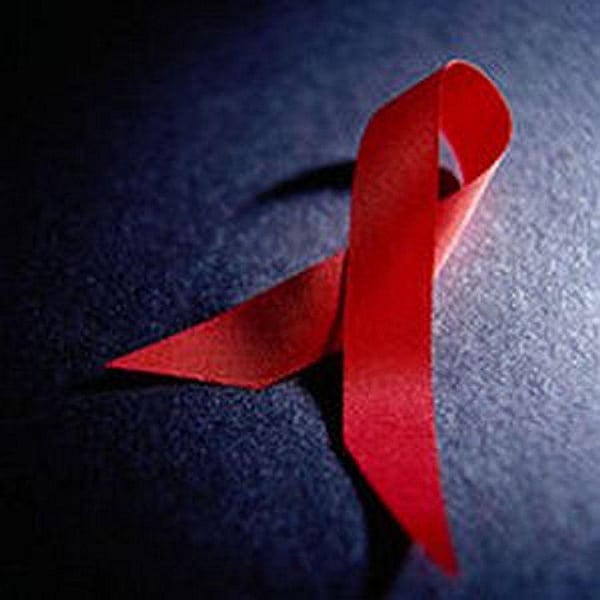Get Healthy!

- Robert Preidt
- Posted March 28, 2022
HIV Meds May Also Shield Against COVID Infection
Certain antiviral drugs used to treat HIV may also guard against COVID-19 infection, a new study suggests.
The researchers found that people with HIV who are on antiretroviral treatment (ART) with protease inhibitors may have a lower risk of COVID-19 infection.
Protease inhibitors are antiviral drugs that block a critical enzyme (protease) that viruses need to replicate and infect more cells.
The study included hundreds of HIV patients at six hospitals in France, including 169 who were taking ART with protease inhibitors and 338 who were taking ART without protease inhibitors.
None of the patients (average age 50) had previously been diagnosed with COVID-19. Men accounted for 52% of the patients and women for 48%.
Among the patients being treated with protease inhibitors, 77% were taking darunavir/ritonavir, around 8% were taking atazanavir/ritonavir, and 14% were taking other protease inhibitors. On average, they had been taking protease inhibitors for at least a year.
During a year of follow-up, 12% patients taking protease inhibitors and 22% of those not taking protease inhibitors were diagnosed with COVID-19. Four of the patients not taking protease inhibitors were admitted to hospital with COVID-19.
After adjusting for age, gender and other factors associated with an increased risk of COVID-19, the researchers concluded that patients in the protease inhibitor group were 70% less likely to become infected with COVID compared to those who weren't taking protease inhibitors.
The investigators also found that patients in both groups who had been exposed to COVID-19 in the previous 14 days before being tested were two times more likely to test positive, those living in the same household with at least three other people were three times as likely to test positive, and those who had lost their sense of taste were six times as likely to test positive.
The preliminary research is to be presented at the European Congress of Clinical Microbiology & Infectious Diseases annual meeting, which is being held in Lisbon, Portugal, from April 23 to 26. Such research is considered preliminary until published in a peer-reviewed journal.
"Protease inhibitor drugs have a long history of use, a good safety profile, and are generally well-tolerated. By attacking the virus before it has a chance to multiply, they potentially offer an opportunity to prevent the spread of infections and mutation of future variants," said study author Dr. Steve Nguala, from the Intercommunal Hospital Center of Villeneuve-Saint-Georges and the General Hospital of Melun, France.
"The lower occurrence of COVID-19 among patients treated with a protease inhibitor-based regimen raises the question of a preventive effect that should be further investigated," Nguala added in a meeting news release.
However, this is a small, early observational study that does not provide conclusive evidence that long-term use of protease inhibitors protects people with HIV from infection with COVID-19, the researchers emphasized.
"More studies with a larger number of patients, and in randomized trials in people without HIV, are needed to confirm these preliminary results," Nguala stressed.
More information
For more on HIV treatment, go to the U.S. National Institutes of Health.
SOURCE: European Congress of Clinical Microbiology & Infectious Diseases, news release, March 25, 2022

